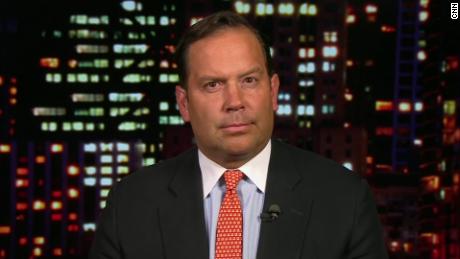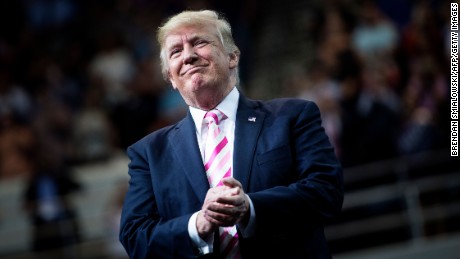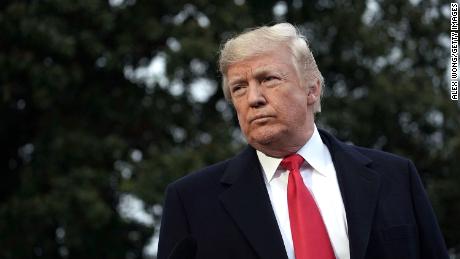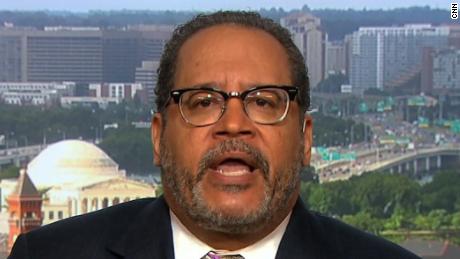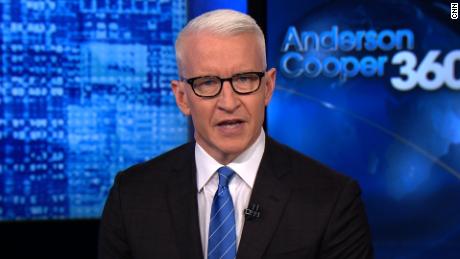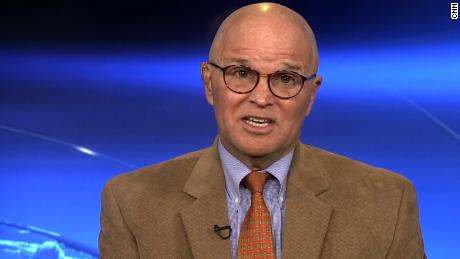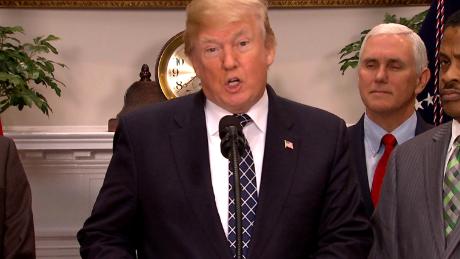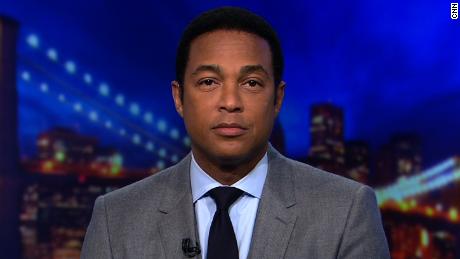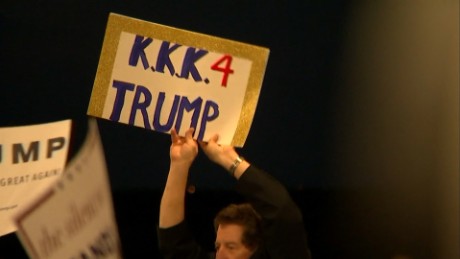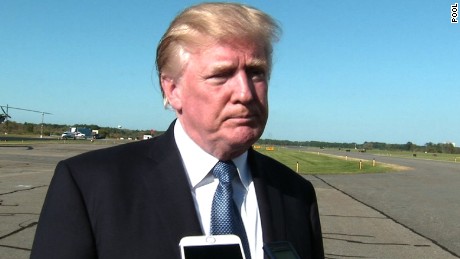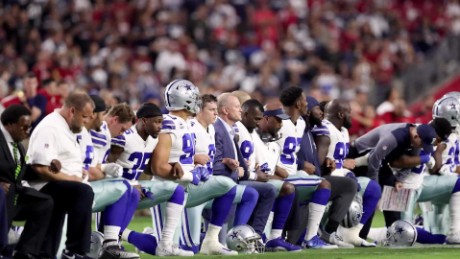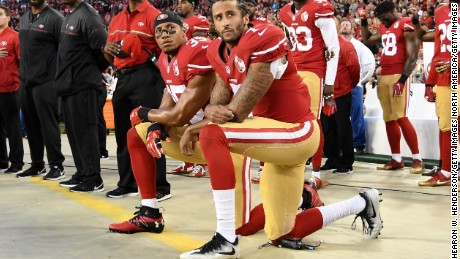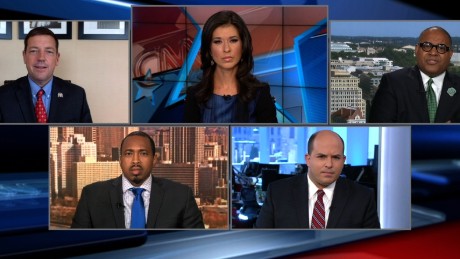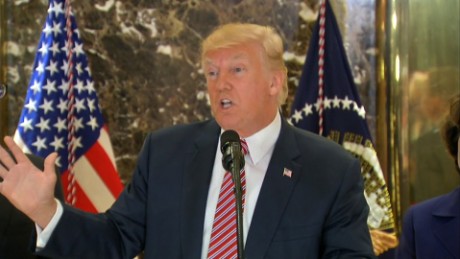Washington (CNN)Donald Trump is on thin ice with Senate Republicans in difficult reelection races, with many sharply distancing themselves from their party's presumptive nominee and offering tepid support as the party struggles to unite.
On the heels of Illinois Sen. Mark Kirk's announcement that he would rescind his backing of Trump, several Republicans in difficult reelection races suggested that they may abandon their controversial nominee as well.
New Hampshire Sen. Kelly Ayotte said Tuesday that she would vote for Trump "at this point," but she quickly added: "I'm not endorsing anyone."
Sen. Pat Toomey of Pennsylvania contended that "it's been problematic" for him to offer his official backing for Trump.
And Sen. Ron Johnson of Wisconsin, who once said unapologetically he would campaign with Trump, insisted there was a difference between his support of Trump and his refusal to endorse the presumptive nominee.
"Quite honestly, it's different than endorsing," Johnson said, explaining, "it's short of" an endorsement because there are "obviously disagreements" with Trump.
"I want to support the area of agreements ... A lot of people criticize and say it's just semantics; no it's pretty significant," he said.
A senior House Republican, who didn't want to be identified discussing private conversations, said he's spoken with some colleagues who have backed Trump "who are trying to figure out a way to walk it back right now."
The latest hand-wringing over Trump came after his comments over Judge Gonzalo Curiel prompted a firestorm when he suggested that the Mexican heritage of the federal judge prevented him from ruling fairly in a case over the now-defunct Trump University. Republicans across the political spectrum sharply repudiated Trump's remarks, including House Speaker Paul Ryan who said it was "the textbook definition of a racist comment" -- a remark that blindsided Republicans in the Senate and forced them to scramble in response.
And Trump was left with virtually no one to defend him on Capitol Hill.
Alabama Sen. Jeff Sessions, Trump's biggest supporter in the Senate, cut short a conversation with reporters in the Capitol when the conversation turned to Trump's latest comments.
"I don't know about that case and I'm not commenting on it," a tense Sessions said Tuesday. Pressed further, he added: "Well, he'll have to answer for what he said and explain it."
On Tuesday, Trump tried to quell the controversy, saying his criticisms were "misconstrued."
"I do not feel that one's heritage makes them incapable of being impartial," Trump said, adding that he does "not intend to comment on this matter any further."
Yet, Trump's critics on Capitol Hill weren't satisfied.
Arizona Sen. Jeff Flake, who has refused to back Trump, said the candidate needs to "keep walking" back the statement.
And Sen. Lindsey Graham, the South Carolina Republican, said that the more Trump says controversial things, the more likely Republicans will continue to abandon him.
"You may not think it's racist, I do," Graham said of Trump's latest comments. "But if he continues this line of attack then I think people need to really reconsider the future of the party, and the future of the country whether they should support him."
Republicans need Trump supporters
What puts Republicans in an awkward spot is the fact that they need Trump's supporters at the polls this November. Many are worried about embracing the nominee too closely, fearing they would alienate Hispanics and independent voters. But others argue that joining Kirk in withdrawing their support would only turn off the GOP base and hurt their own reelection campaigns.
Sen. Rob Portman of Ohio, another endangered Republican in a tough Senate race, has said that Trump will help him turn out voters in Ohio. But he criticized Trump's comments, while noting "there are character issues on both sides," referring to Trump and Hillary Clinton, the presumptive Democratic nominee.
"The Republican voters have voted, and I indicated a year ago, I would support who they elected. It wasn't my choice," said Portman, noting he initially supported Ohio Gov. John Kasich.
But with 24 GOP Senate seats to defend this cycle, including a number in swing states with large Hispanic populations, Trump's comments continue to put vulnerable Republicans in a tough spot. Arizona Sen. John McCain, who faces a primary challenge in August and a tough general election bid against Democratic Rep. Ann Kirkpatrick, needs the backing of Trump supporters but also a Hispanic population that disdains Trump.
On Tuesday, McCain didn't want to address Trump, pointing instead to a tweet where he defended Curiel against Trump's criticism.
"I issued a statement on it and a tweet and I don't have anything more to add," McCain said tersely.
Sen. Roy Blunt, who faces reelection in Missouri, said, "I don't agree with the comments" about Curiel. But asked if he would consider rescinding his Trump endorsement, Blunt said bluntly: "No."
But what could put GOP senators in a jam is the fact that Kirk issued a lengthy statement disavowing Trump, saying his party's likely nominee does not have the "temperament" to be president or trusted with the country's nuclear codes. Asked whom he would vote for, Kirk told CNN he would write in Gen. David Petreaus instead.
Others wouldn't go as far
"I will continue to disagree with him when he makes statements like he did about the judge," Ayotte said, while noting she planned to vote for him in the fall. (Trump won her state's February primary resoundingly.)
Sen. Roger Wicker, chairman of the National Republican Senatorial Committee, said that Trump needs to consider that his comments could have an impact for the rest of the party.
"I think the Senate races are going to stand on their own," Wicker added. "I do wish Mr. Trump would reconsider that statement and make it clear it was ill-considered."
Republicans avoid Trump talk
Sen. Dan Coats, R-Indiana, paused a full 10 seconds when asked what specific policy position of Trump's he likes better than Clinton's.
"I don't know if I want to deal with this at this particular point and time," Coats said.
Senate Republicans heading to their weekly luncheon in the Capitol made a beeline for the elevators and many seemed to pick up the pace as the various versions of questions about Trump continued.
Florida Senator Marco Rubio, a former presidential rival who criticized Trump's comments in an interview with CNN on Monday, waved off reporters pressing him if he still backed Trump as the nominee.
"I talked all day about it yesterday guys -- you got a bunch of quotes," Rubio said, hopping on an elevator and away from the press corps.
Louisiana Republican Senator Bill Cassidy said Tuesday he still plans to back his party's nominee for president. When pressed by CNN if Trump's recent comments could change that, he replied with an answer most Republicans voiced: "What's the alternative?"
West Virginia GOP Sen. Shelley Moore Capito told reporters she "strongly disagrees" with Trump's comments, but said she still backed him as the GOP nominee.
For those who did stop they repeated their support for backing their party's pick for president, but still distanced themselves from the controversy about the comments about Curiel.
"I don't believe Trump is basically a racist," Alabama Sen. Richard Shelby told reporters. "I don't know him very well."


